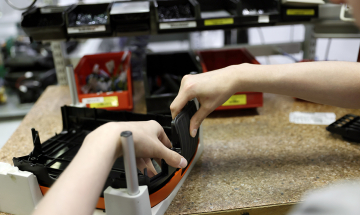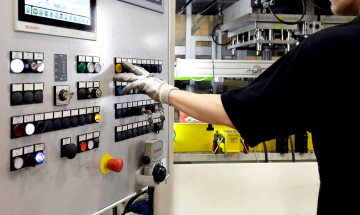Technology Industries of Finland strongly opposes proposed qualified majority voting in EU taxation policy
The Commission has on 15 January 2019 kick-started the debate on reforming decision-making for areas of EU taxation policy, which currently requires unanimity among Member States.
Technology Industries of Finland is strictly against transition to qualified majority voting (QMV) in EU taxation policy due to the following reasons:
1) The Commission has claimed, that the veto right has caused a significant “cost” to the EU, due to tax proposals like digital services tax (DST) and common consolidated corporate tax base (CCCTB) being blocked by some Member States. Both of these tax directive proposals would result in more taxation rights to be allocated to the countries of most consumers. The biggest Member States would gain more taxable income at the expense of the smaller export countries.
2) Tax sovereignty allows countries to decide and finance their most critical public services: health care, education, social security, infrastructure, judicial system and rescue department. Member States, whatever their size, must be permitted to be a part of the decision making in taxation matters, effecting their economy and society. Any changes to taxation must meet a goal supported by all Europeans.
3) Making quicker changes to taxation to gain short-term gains for political reasons does not make the EU more united.
4) The business of today is global. Hastily made, globally different EU tax models will not make the EU more competitive, but result in double taxation, costly tax disputes, damage tax certainty and increase administrative work for both companies and authorities. Technology Industries of Finland supports comprehensive, global, long-term tax solutions negotiated through the OECD that also includes Europe’s main trading partners.
The goal should be to make the EU’s single market a competitive, appealing and well functioning environment for all businesses, as well as fair and effective for all Member States. This can be achieved by building up on the best practices of all Member States’ such as the Nordic and Baltic states’ enthusiastic and fruitful work with digitalization and automation of taxation as well as real time economy, which could lead to notable savings to both the tax administrations and the companies, as well as minimize the tax gap and tax evasion. In addition, automation of taxation would mean a better functioning Single Market, an appealing location for businesses to locate and grow.


